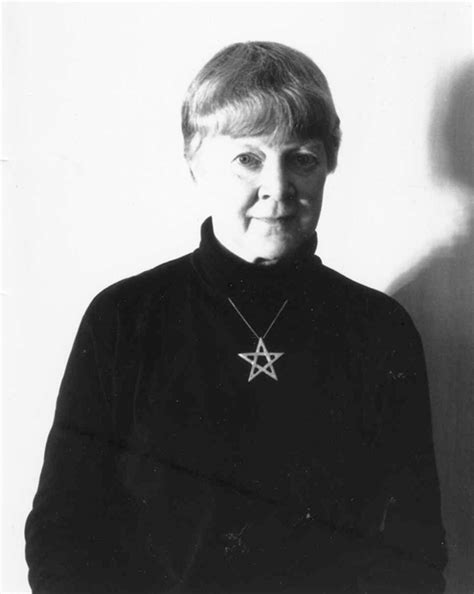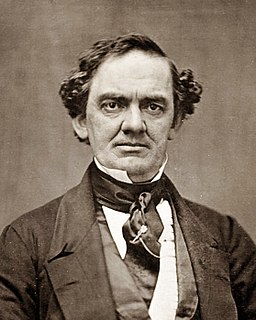A Quote by Stellan Skarsgard
The Sermon on the Mount is a very nice piece about being good, but most of the Bible is a very revengeful, childish, brutal God.
Related Quotes
The very fears and guilts imposed by religious training are responsible for some of history's most brutal wars, crusades, pogroms, and persecutions, including five centuries of almost unimaginable terrorism under Europe's Inquisition and the unthinkably sadistic legal murder of nearly nine million women. History doesn't say much very good about God.
There's a lot of talk in some of the other versions of the Bible, the Hebrew versions, and things about the end of the world not being a punishment from God, but being an invitation from mankind. That mankind has to invite its own destruction. And I think that's very true, and it's almost very American. I think that's the type of society we're in and it's people's very fear of the Antichrist that has created it
Thunderously, inarguably, the Sermon on the Mount proves that before God we all stand on level ground: murderers and temper-throwers, adulterers and lusters, thieves and coveters. We are all desperate, and that is in fact the only state appropriate to a human being who wants to know God. Having fallen from the absolute Ideal, we have nowhere to land but in the safety net of absolute grace.
When you look at the Bible, and I read the Bible very seriously, for a lot of my life, I believed the Bible ordained the death penalty, and the Bible seemed to be very clear about that. But the more I look, the more troubled I became because it's not that simple. In the Bible, there's some 30 death-worth crimes, like working on the Sabbath, or disrespecting your parents. Are we that fundamental that we should bring back that death penalty?
I am sure," cried Catherine, "I did not mean to say anything wrong; but it is a nice book, and why should not I call it so?" "Very true," said Henry, "and this is a very nice day, and we are taking a very nice walk, and you are two very nice young ladies. Oh! It is a very nice word indeed! It does for everything. Originally perhaps it was applied only to express neatness, propriety, delicacy, or refinement—people were nice in their dress, in their sentiments, or their choice. But now every commendation on every subject is comprised in that one word.




































